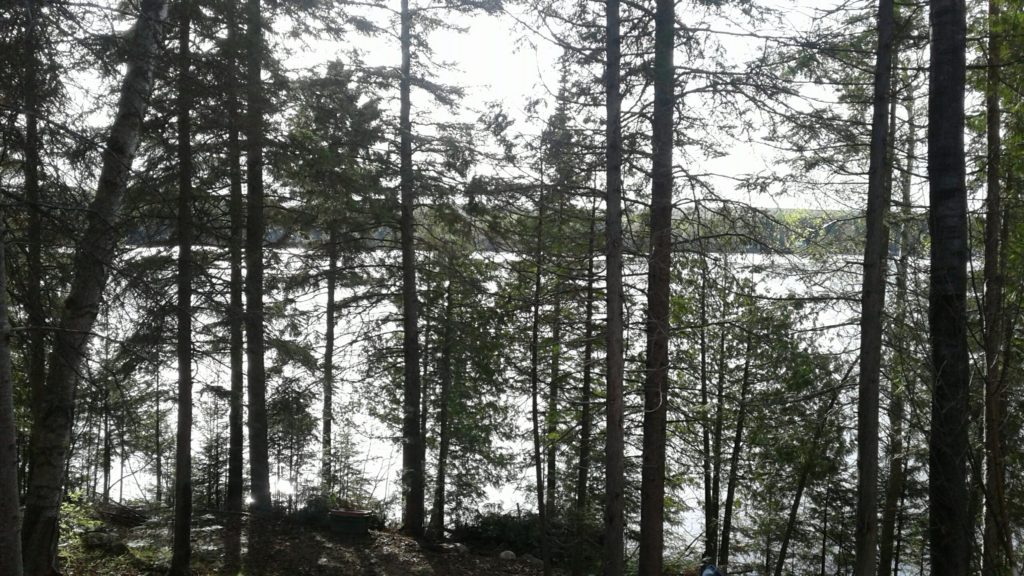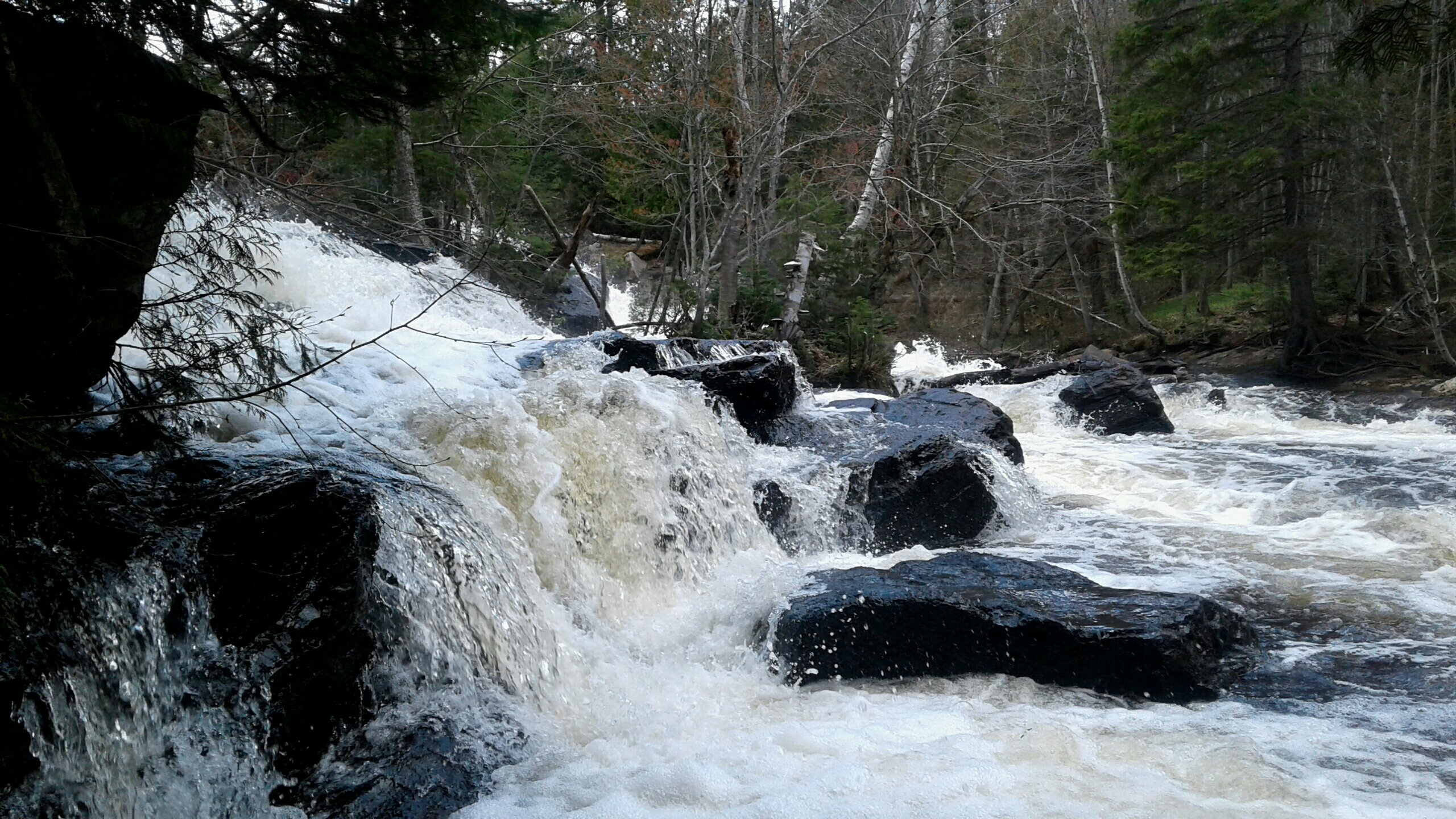
Insect apocalypse? We wish! In these early days of June, you can’t plan on being outside for any length of time without being prepared for the onslaught of blackflies and mosquitoes. And we just put a bug net over our bed to protect us from the buggers that hitchhike on the cats to come indoors. The late spring and abundance of wet weather has contributed to their proliferation this year. In the good news department, there were lots of bumblebees in the flowering crabapple tree and looks like the blueberries and juneberries have been adequately pollinated. But where are the dragonflies?
Also, global warming? Not here! We’ve just experienced 3 hard winters, the last one was long and had lots of snow. January’s cold temperatures put a huge dent in our firewood supple and we had to scramble for wood in the last months that saw snow keep coming down. The burning of garbage wood necessitated chimney cleaning twice and it could use another scouring before the season starts again. A lot of time was spent keeping paths and the driveway clear, time that had been allocated to working on my crafts. On my birthday of May 21, there was still a patch of snow behind the house that had come off the roof.
However, we act and are acted upon locally but we think and know globally that the planet as a whole is in trouble. A friend talking recently to Transition Town Maynooth about sustainability said that our cool temperatures here are a result of the melting of the Greenland ice cap. Overall, Canada was 2 degrees warmer than average and the Arctic has been alarmingly warmer. The term “insect apocalypse” was derived from studies documenting the decrease in insect populations from around the world. Bugs may be small but play a vital role in the maintenance of the ecosystems that provide sustenance for all higher forms of life. That meme about a butterfly flapping its wings in Brazil affecting the weather in Europe was meant to show how everything is connected to everything else in nature.
And we are nature, probably the biggest intellectual mistake that our culture has made is that we are separate from the rest of creation, an alienation that is part of the material fabric of of our interaction with other beings. Industrial civilization has accelerated our impact on thus planet to the degree that we are now entering a new epoch called the anthropocene marked by mass extinctions. Almost everyday, a new animal is added to the list of those we’ll never see again in their natural state. Tragedy unfolding before our eyes.
The other side of the story may be that technology has both doomed us and given us the means to build a new society through the world wide web of consciousness that lets us know of the demise of other species. A tree falling in a forest does make a sound when a webcam picks it up. Knowledge gives us power to see through the illusions that have bound us and to connect us with those with the imagination to build a better world that includes everything. We can aspire to unity.




